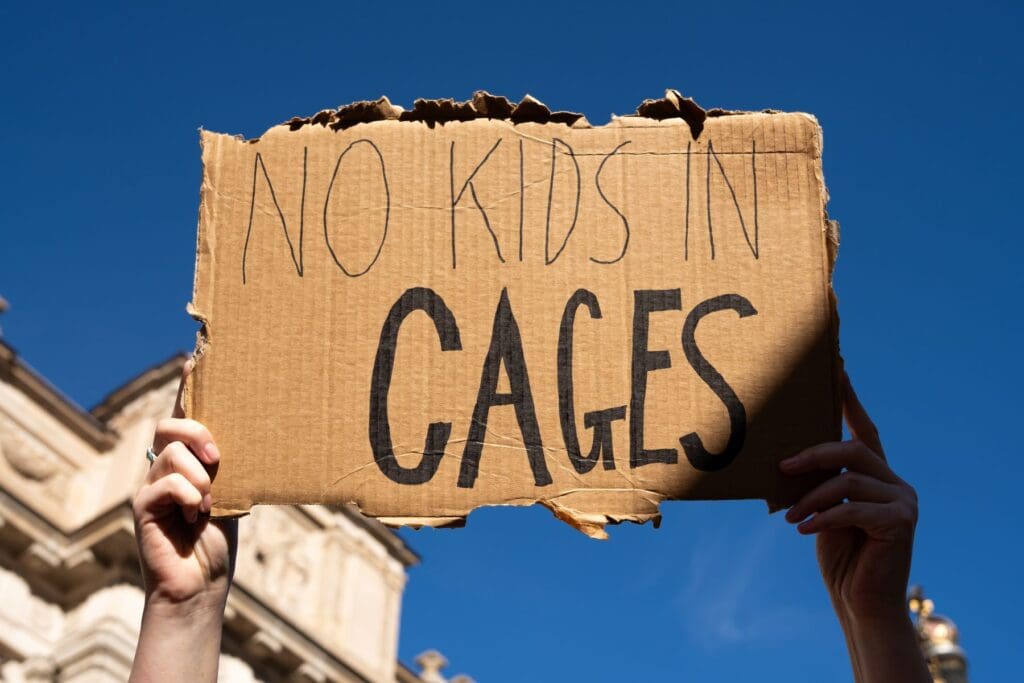Whistleblowing amendments a welcome step towards comprehensive reform
Transparency International Australia, the Human Rights Law Centre and Griffith University’s Centre for Governance & Public Policy today welcomed the release of initial amendments to Australia’s federal public sector whistleblowing law, but called for a more comprehensive approach to whistleblower protection in 2023.
On Wednesday, Attorney-General Mark Dreyfus KC MP introduced technical amendments to the Public Interest Disclosure Act 2013 into the House of Representatives, following an independent review by Philip Moss AM in 2016.
The amendments come a week after the three groups published Protecting Australia’s Whistleblowers: The Federal Roadmap, outlining 21 actions across 12 key reform areas for Australia to return to global best practice across the public and private sectors.
The new PID Act amendments address one in full, and four in part of those 21 actions.
The Attorney-General has indicated further whistleblowing reform will be considered in 2023.
Kieran Pender, Senior Lawyer at the Human Rights Law Centre, report co-author said:
“Whistleblowers make Australia a better place, they bring integrity and transparency to our democracy. The amendments to reform the PID Act are an important first step to better protect and empower Australian whistleblowers. But they are just that – a first step. These technical changes make administrative improvements but do not deal with fundamental issues.
“Much work remains – including establishing a whistleblower protection authority, creating a consistent, standalone law for private sector whistleblowers, and bringing protections into line with international best-practice. Whistleblowers must be protected, not punished.”
Report co-author A J Brown, Professor of Public Policy and Law, Griffith University and Board Member, Transparency International Australia, said:
“Australia once led the world in enacting innovative laws to protect whistleblowers. Now we have fallen behind. Complex laws, full of loopholes and lacking practical support, are not fulfilling their purpose of protecting those who speak up.
“While these initial reforms begin the task of fixing one part of our cumbersome whistleblower protection patchwork, we look forward to working with the Attorney-General and Parliament to bring the Commonwealth’s entire whistleblowing framework up to standard in coming months.”
Clancy Moore, Chief Executive Officer at Transparency International Australia, said:
“The brave people that blow the whistle are the single most important trigger – and often the first – for bringing corruption out of the shadows and into the light. Too often, these people face retribution, legal cases and enormous personal damage. So we commend the government’s initial changes to strengthen whistleblower protections.”
Read Protecting Australia’s Whistleblowers: The Federal Roadmap here.
Media contacts:
Thomas Feng
Media and Communications Manager
0431 285 275
thomas.feng@hrlc.org.au
Professor A J Brown (Canberra), Transparency International, 0414 782 331, a.j.brown@griffith.edu.au
Clancy Moore (Melbourne), Transparency International, 0410 508 051, clancy.moore@transparency.org.au
Media Enquiries
Chandi Bates
Media and Communications Manager

University of Melbourne urged to drop repressive anti-protest and surveillance policies
The University of Melbourne is being urged to abandon policy changes that restrict staff and students’ right to protest and permit the widespread surveillance of people using their wifi network.
Read more
Expanded protections for marginalised groups welcomed in Allan Government’s anti-vilification laws
The Human Rights Law Centre welcomes the additional protections for marginalised groups in anti-vilification laws passed today by the Allan Government. These laws expand protections from vilification to include people from LGBTIQA+ and disability communities, and provide communities with important civil law avenues to address vilification.
Read more
Aboriginal human rights experts take Australia’s racist youth justice policies to the UN
Aboriginal leaders are calling on the United Nations to take urgent action to address Australia’s discriminatory and punitive youth justice policies
Read more


